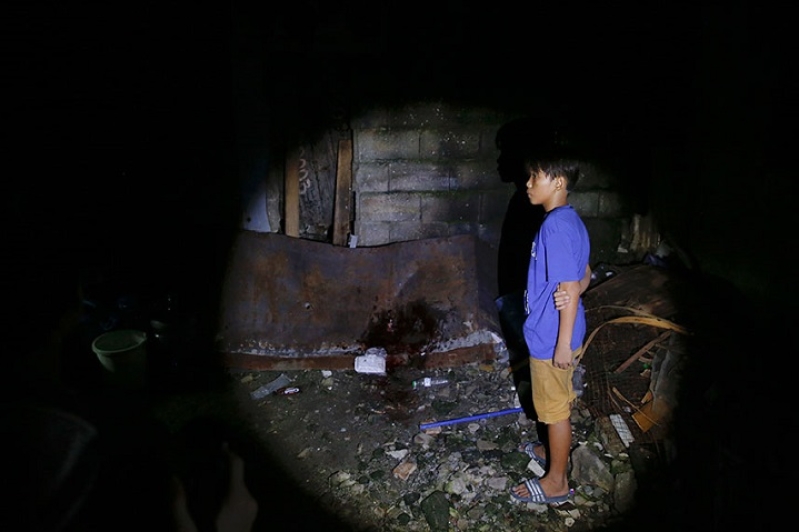
An estimated 18,000 children in the Philippines have lost parents because of the government's war against drugs.
The figure is a conservative one, according to Hope Hervilla, assistant secretary at the Department of Social Welfare and Development.
"This is beyond our expectations. We did not expect it to be this big," Hervilla told local media outlet Inquirer.
More than 6,000 people have been killed in Pres. Rodrigo Duterte's intensified crackdown against suspected drug dealers.
As of December 2016, more than 2,000 of these died in what police claimed to be legitimate operations, while the rest were murdered by unknown suspects who execute the victims in vigilante-style killings, according to Rappler.
The war against drugs has left thousands of children orphaned, and these children could suffer from negative long-term effects, according to forensic neuropsychologist and psychology professor Danilo Tuazon.
He recommends that these children, especially those who saw how their parents died, be debriefed "immediately" to help them understand what happened and to help them to cope. Otherwise, he said, "the damage will last a lifetime."
Most of these children may need a new environment to recover completely from the trauma, he added.
Tuazon said these children could carry a desire to retaliate. He said retaliation is a normal reaction for hurting people, who wish to cause others pain as well.
He also said children who lost their parents to the war on drugs could grow up confused about what is right and wrong.
"It is during this time that their brains are being wired on what they should become or how they should view society," Tuazon said. "How do you tell a child that his or her parents were killed because of drug pushing but at the same time tell the kid that killing is wrong?"
The crackdown on drug dealers in the Philippines has also taken the lives of people hit by stray bullets. Duterte referred to such victims as "collateral damage" and said the police could be exempt from criminal liability in these cases.
To explain his point, the Philippine president gave as an example a policeman using his M16 rifle while exchanging fire with a criminal.
"When they meet, they exchange fire. With the policeman and the M16, it's one burst, brrr, and [he] hits 1,000 people there and they die," Duterte said. "It could not be negligence because you have to save your life. It could not be recklessness because you have to defend yourself."
Many children have died from stray bullets during such encounters in their neighborhood, including a seven-year-old boy in Cebu province, a four-year-old girl in Negros province and a five-year-old boy in Manila.
There are also people who have died because of "mistaken identity." One of these is 17-year-old Emmanuel Lorica, a government scholar who was killed while sleeping inside a tent.
A local report said Lorica spent the night with other families in an evacuation center because of a fire in their community. Eight armed men reportedly went to the evacuation site and searched each tent as if looking for someone.
When they got to Lorica, who was sleeping with a towel covering his face, they shot him in the head. However, upon removing the towel, they realized they killed the wrong person.
"It's not him!" one of them said, according to witnesses. The men quickly fled the scene.
The Philippine government lauded its anti-drug operations and said it was a success, claiming the supply of illegal drugs in the country has been cut by 90 percent. The administration said the cases of vigilante-style killings involving suspected drug dealers are being investigated.






